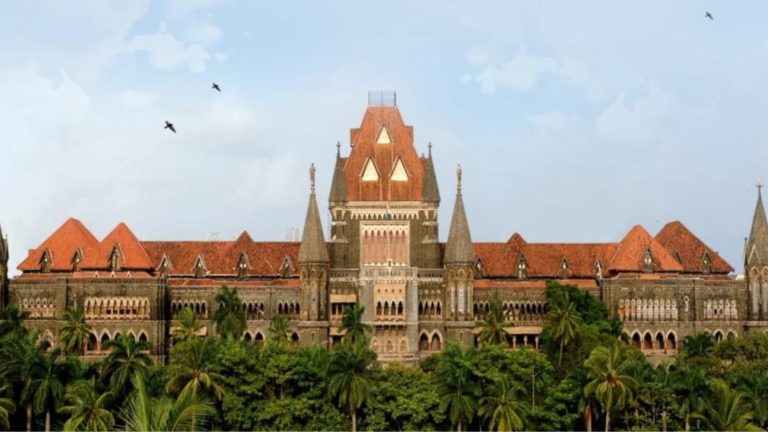The Aurangabad bench of Bombay High Court recently held that an employer cannot deny wages citing pendency of a criminal appeal against an employee’s acquittal on the principle of ‘no work no pay’.
A division bench of Justices Mangesh S. Patil And Sandeep V. Marne granted back wages and continuity of service to the petitioner in a writ petition challenging Maharashtra State Electricity Distribution Company Limited’s decision to not pay back wages despite him being acquitted by the trial court.
“Merely because the State filed appeal against acquittal would not mean that the petitioner would continue to suffer the rigors of pendency of criminal prosecution”, the court held, adding that the effects of acquittal would apply till the acquittal is reversed.
The Petitioner was a junior technician in MSEDCL. He was charged with demanding and accepting a bribe. A summary inquiry was conducted under Regulation 90 of the Maharashtra State Electricity Distribution Company Ltd. Employees’ Service Regulations,2005 and the petitioner was removed from service in 2008. However, he was acquitted by the trial court in 2013. The state government challenged his acquittal.
Also read: HR Top priority in 2023 would be about leader and manager effectiveness: Gartner
MSEDCL initially refused to reinstate the petitioner based on his acquittal stating that he was not acquitted on merits and the criminal appeal was pending. However, when the criminal appeal was dismissed in 2019, the petitioner was reinstated. But he was held to be not entitled to any back wages due to the principle of ‘no work no pay’. The petitioner approached the High Court challenging this decision.
Advocate Syed for the petitioner submitted that there was no reason for MSEDCL to continue his removal order after the acquittal. Pendency of the appeal against acquittal would not mean continuation of criminal proceedings against the petitioner. Petitioner must have been reinstated immediately after his acquittal, the counsel argued.
Advocate Avishkar S. Shelke for MSEDCL submitted that the company was justified in waiting for the outcome of the appeal. There is no difference between acquittal at the first instance and acquittal on appeal for the purpose of reinstatement, Shelke contended. Petitioner only became entitled to reinstatement after the final acquittal in appeal. Further, the period between acquittal and his reinstatement is very long and MSEDCL cannot be saddled with the liability of back wages for such a long period,argued the company.
The validity of the removal order was not in question and a limited prayer for continuity of service and back wages during the period between the acquittal and petitioner’s reinstatement was considered in this case. The counsel representing the petitioner had earlier made a statement that he would not claim back wages till acquittal and confine to back wages from the date of acquittal.
The court noted the petitioner was removed from service merely on the basis of registration of a criminal case against him. “In our opinion, mere pendency of the appeal against acquittal would not entitle the respondents to continue the penalty of removal from service,” it added.
It was further noted that no full-fledged and independent disciplinary proceedings were instituted against the petitioner and he was removed merely on the basis of registration of the criminal case. Therefore, upon his acquittal in the criminal case, the natural corollary was to reinstate him in service, explained the court.
“Till the judgement of acquittal was reversed in appeal, all the effects of acquittal would continue to apply,” said the bench.
Considering a reverse situation where the government servant is convicted and his sentence is suspended in appeal, the court said it is trite that in such cases the conviction will continue to operate regardless of the suspension of sentence.
The court applied the same analogy in the present case and said that an acquitted person would continue to enjoy all the benefits of his acquittal while the appeal is pending.
The court disagreed with MSEDCL’s submission that the petitioner was entitled to reinstatement only after final acquittal. It said if such an argument is accepted, the acquittal would lose meaning and mere fling of the appeal would operate as a stay.
The court said that MSEDCL was responsible for the delay in reinstatement. It should have immediately reinstated the petitioner on his acquittal but the reinstatement was delayed without any justification, the court said. The court concluded that MSEDCL alone is responsible for prolonging the period of back wages.
The court held that the petitioner would be entitled to the benefits of both back wages as well as continuity in service. The court directed MSEDCL to pay the petitioner his full salary and allowances from the date of his acquittal till the date of his reinstatement.
Stay connected with us on social media platform for instant update click here to join our LinkedIn, Twitter & Facebook



































Add comment